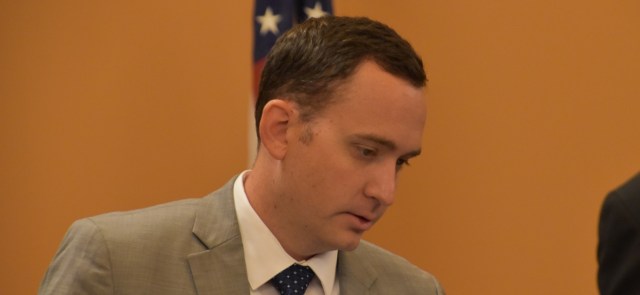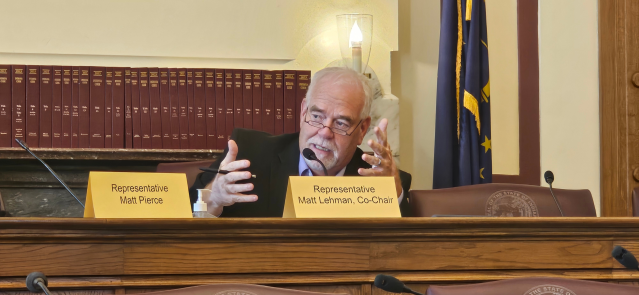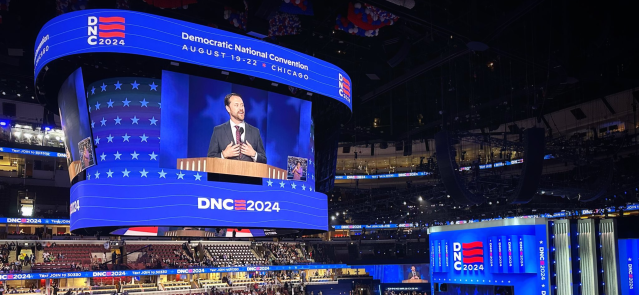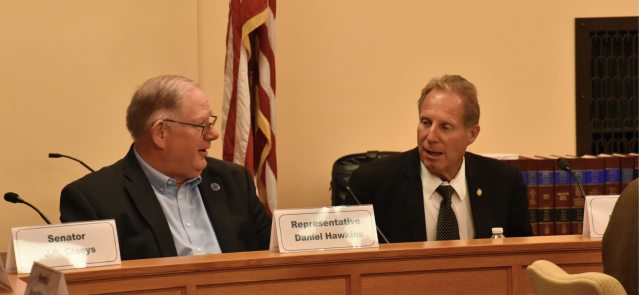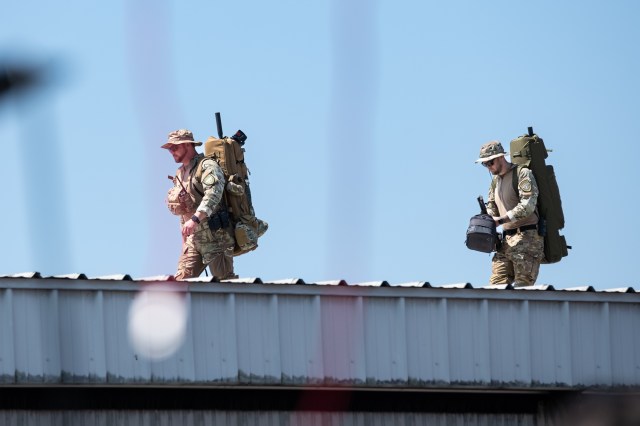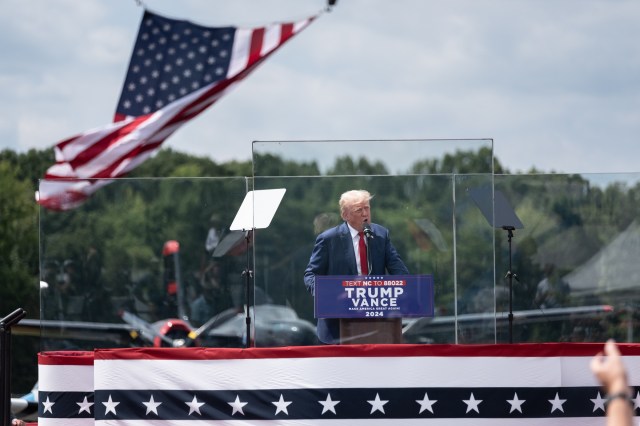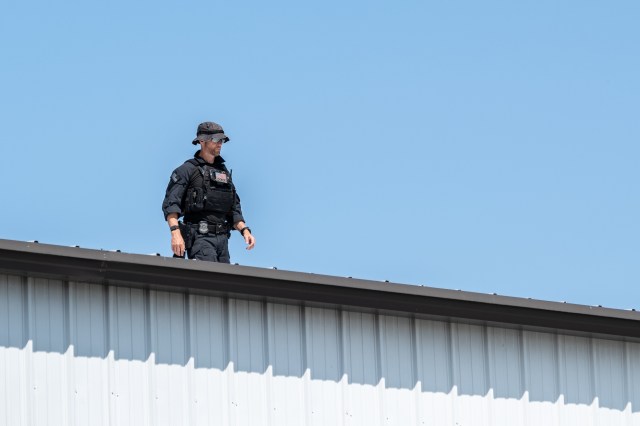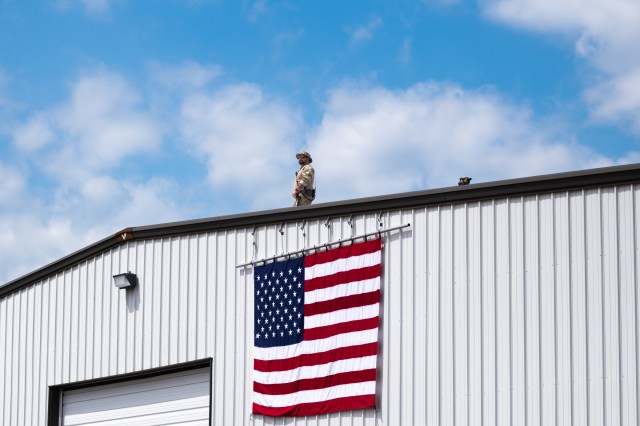Lawmakers are weighing changes to how Kansas’ budget is developed with the aim of giving the Legislature time to dig deeper.
The Special Committee on Budget Process and Development met Thursday for the first of two meetings. The Legislative Coordinating Council established the interim body last month, with House Speaker Dan Hawkins, R-Wichita, calling the current process antiquated.
The Legislature is “on the precipice of a unique opportunity,” House Appropriations Chair Troy Waymaster, R-Bunker Hill, told the committee. The current process is compressed into only a few weeks, he said, advocating for systemic changes that would let lawmakers begin working on the budget prior to the start of session.
“I am very excited about the process. I have been frustrated the past few years,” Waymaster said. “We do have a very aggressive schedule. I don’t think it’s fair to our legislators.”
Hawkins and Senate President Ty Masterson, R-Andover, have had conversations about the budget process over the past two years, and both leaders favor change.
“Just because we’ve always done something some way doesn’t mean it’s the best way to do it,” Hawkins said.
Kansas, like most states, has a governor-led budget process, where the executive branch introduces a proposed budget that lawmakers revise during the session.
First Assistant Revisor of Statutes Jill Wolters shared the current budget development timeline with the committee:
- By Oct. 1, agencies file budget estimates for the next fiscal year.
- By Nov. 10, the budget director notifies agencies of any revisions.
- By Nov. 20, agencies may request hearings on revisions.
- By Dec. 15, hearings must be concluded.
After that, the governor submits a budget report by the eighth calendar day of the session or by the 21st day during the first year in office.
Some states handle the process differently, said Dylan Dear, assistant director for fiscal affairs for the Kansas Legislative Research Department. He said 15 states take a hybrid or legislative-led approach.
Hawkins suggested empowering the Legislative Budget Committee to start developing a legislative budget in late October or early November and then bringing in the Ways and Means and Appropriations committees later in the year to flesh out the bill before the session starts.
“We’re going to have a big head start compared to where we’ve been since I’ve been here,” he said.
The budget process has changed over the past century since the Legislature created the office of budget director in 1925, Senior Assistant Revisor of Statutes David Wiese said.
In 1947, the Legislature created the Legislative Budget Committee, which met in the 1950s to analyze agency budget requests prior to the session.
“This isn’t the first time we’ve had these discussions,” Wiese said.
The Legislature updated the original schedule and structure in 1953, creating much of the system Kansas uses today. Wiese said that from the 1960s through the mid-1990s, the governor’s budget was introduced through separate bills, split between the chambers.
But in 1996, the governor’s budget recommendations were introduced through the omnibus appropriation bill for the first time. Over time, the number of appropriations bills has drastically decreased: from 83 in 1939 to 35 in 1969 to just two a year by the turn of the century.
“Maybe the timeline fit when the budget was the size it was in 1925, but when you look at our budget today, I’m not sure the timeline still fits,” Rep. Pam Curtis, D-Kansas City, said.
The Legislature has ceded its authority to the executive branch over time, Hawkins said, though he emphasized that the issue has nothing specifically to do with Gov. Laura Kelly.
Sen. Jeff Pittman, D-Leavenworth, disagreed with Hawkins’ assessment and said he doesn’t think the Legislature “has ceded control to anybody.” Pittman compared the executive branch to a company’s CEO and lawmakers to its board of directors.
“We are in full control of that budget bill,” he said.
The Legislative Budget Committee still exists, but Sen. Carolyn McGinn, R-Sedgwick, said it doesn’t regularly meet. Waymaster suggested expanding the committee’s role and asking it to develop a legislative budget during the interim period.
Nothing in statute would preclude the Legislature from developing its own budget the way the executive branch does, Waymaster said.
“We don’t have to overthink this,” he said. “It doesn’t have to be that complicated.”
Hawkins said he favors a change that requires provisos to go through a committee and not just be added through a conference committee at the last minute. He told lobbyists, who he said will be “chattering” about the proposed changes, that he’s serious about limiting provisos.
“I’m a man of my word,” Hawkins said. “And when I say I’m tired of provisos, they better be listening.”
Introducing a legislative budget bill on the second day of the session, based on the previous year’s budget, is the “skeleton” of the proposed change, Waymaster said. He asked lawmakers to come to the second of the interim committee’s two meetings — expected to be held in September — with “meat” to put on that skeleton.
Brett Stover is a Statehouse reporter at State Affairs Pro Kansas/Hawver’s Capitol Report. Reach him at [email protected] or on X @BrettStoverKS.

